Richard Branson: the goateed mascot of British capitalism
Sir Richard Branson’s Virgin empire is in trouble due to coronavirus. Can it be saved?
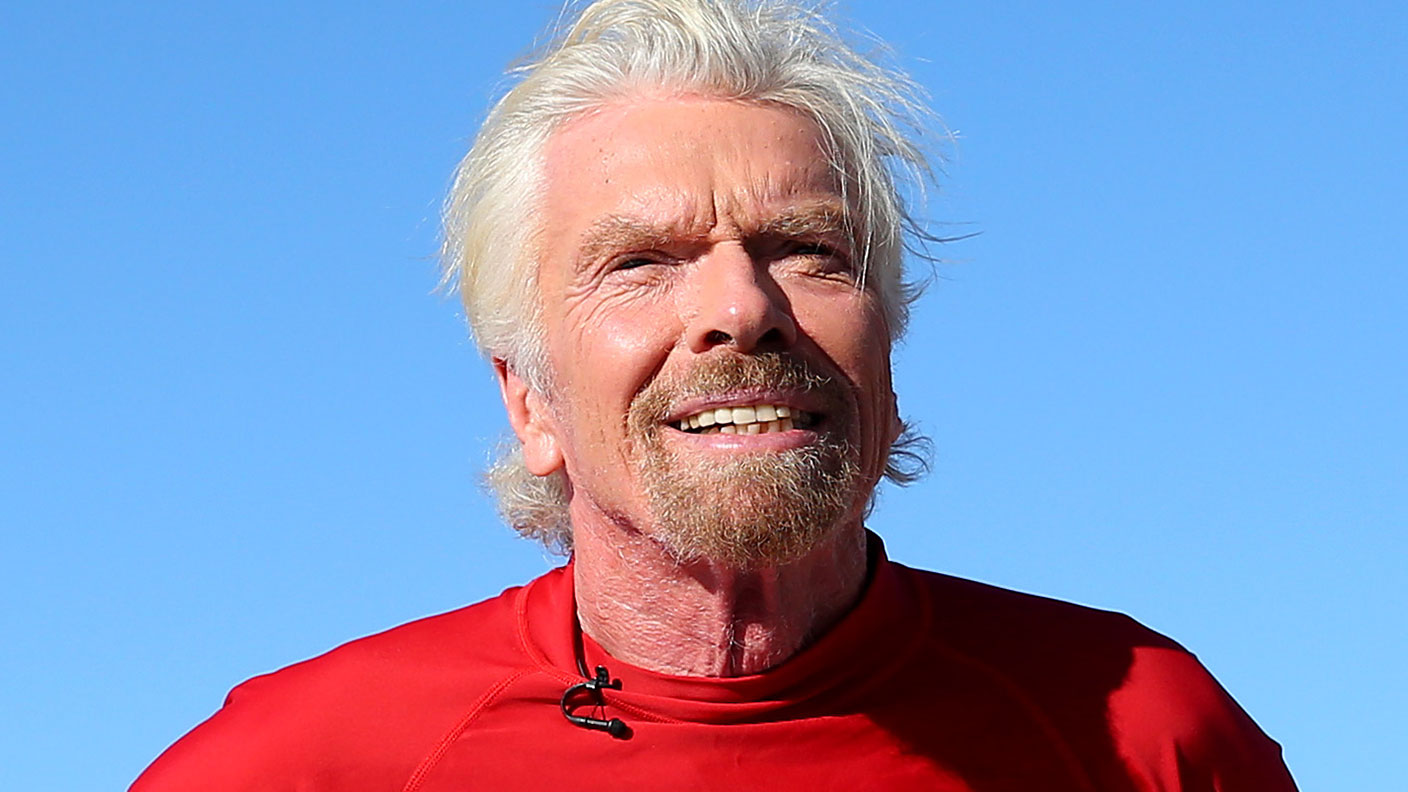
Get the latest financial news, insights and expert analysis from our award-winning MoneyWeek team, to help you understand what really matters when it comes to your finances.
You are now subscribed
Your newsletter sign-up was successful
Want to add more newsletters?

Twice daily
MoneyWeek
Get the latest financial news, insights and expert analysis from our award-winning MoneyWeek team, to help you understand what really matters when it comes to your finances.

Four times a week
Look After My Bills
Sign up to our free money-saving newsletter, filled with the latest news and expert advice to help you find the best tips and deals for managing your bills. Start saving today!
Over the years, critics have increasingly tired of Sir Richard Branson, “the goateed and grinning mascot of British capitalism”, says The Economist. They grouse about the Virgin founder’s peculiar knack of creaming off cash from his ventures at the ultimate expense of the taxpayer. Now the billionaire is back with his begging bowl, says Spiked, gunning for a £500m state bailout of his airline, Virgin Atlantic, which is in danger of collapse. Down under, Virgin Australia (the country’s second largest carrier) has requested an A$1.4bn emergency loan.
Branson (currently personally worth around $3.9bn, according to Forbes) has offered to sweeten the bailout pill by putting $250m of his own cash into the Virgin group, says The Times. But it’s “unclear how much of that is earmarked for the airline” given competing demands from other troubled Virgin businesses, including its hotels and health clubs. “This is no time for Branson’s usual smoke and mirrors.” The public is in no mood to stump up for a billionaire based in an offshore tax haven – Branson needs to flash some more cash of his own if he wants to save his empire.
A hippy acquires business smarts
The son of a barrister and a flight attendant, Branson began his entrepreneurial career as a teenager – after quitting Stowe School at 16 to start a magazine called “Student”, says Entrepreneur. His former headmaster marked the launch with a prophetic note: “Congratulations, Branson. I predict you will either go to prison or become a millionaire”. Branson hit upon the idea of using the magazine to advertise mail-order records and “the business soon became more lucrative than the magazine”.
MoneyWeek
Subscribe to MoneyWeek today and get your first six magazine issues absolutely FREE

Sign up to Money Morning
Don't miss the latest investment and personal finances news, market analysis, plus money-saving tips with our free twice-daily newsletter
Don't miss the latest investment and personal finances news, market analysis, plus money-saving tips with our free twice-daily newsletter
Branson clearly had business “smarts”. In 1971, he partially fulfilled his headmaster’s prediction when he was briefly “hauled into jail” following a scam to defraud Customs & Excise (he was saved when his mother showed up and posted the family home as bail). Virgin Records’ big break was backing Mike Oldfield’s 1973 hit Tubular Bells. Three years later, he signed The Sex Pistols. The band and their “shrewd manager”, Malcolm McLaren, initially took Branson for a “naïve hippy”, notes Spiked. But they were “soon taken aback at how ruthless and canny he was”.
Over the ensuing decades Branson launched a bewildering array of high-profile businesses – from Virgin Atlantic (1984) and his space-tourism venture, Virgin Galactic (2004), by way of Virgin Money, Virgin Radio, Virgin Trains, Virgin Cola, Virgin Cosmetics… By 2014, the group had interests in 200 companies across 30 countries. The secret to his later expansion, says Entrepreneur, lay in “licensing the highly regarded Virgin name” – enabling him “to launch a patchwork of businesses with minimal investment”: a strategy he dubs “branded venture capital”.
Rebranding the latest trends
Branson has continued “his shtick of attaching the Virgin brand to the latest trends”, says The Sunday Times. Thanks to tips gleaned from his new mates in the British Virgin Islands (Google founder Larry Page owns the island next door to Necker, where Branson is based), he has also built a “sprawling portfolio of tech investments”. Necker was devastated by a hurricane in 2018. “The island is mending. We’ll get it back and beautiful again,” he said last year. Doubtless he’ll be hoping much the same of his Virgin empire.
Get the latest financial news, insights and expert analysis from our award-winning MoneyWeek team, to help you understand what really matters when it comes to your finances.
Jane writes profiles for MoneyWeek and is city editor of The Week. A former British Society of Magazine Editors (BSME) editor of the year, she cut her teeth in journalism editing The Daily Telegraph’s Letters page and writing gossip for the London Evening Standard – while contributing to a kaleidoscopic range of business magazines including Personnel Today, Edge, Microscope, Computing, PC Business World, and Business & Finance.
-
 MoneyWeek news quiz: Can you get smart meter compensation?
MoneyWeek news quiz: Can you get smart meter compensation?Smart meter compensation rules, Premium Bonds winners, and the Bank of England’s latest base rate decision all made the news this week. How closely were you following it?
-
 Adventures in Saudi Arabia
Adventures in Saudi ArabiaTravel The kingdom of Saudi Arabia in the Middle East is rich in undiscovered natural beauty. Get there before everybody else does, says Merryn Somerset Webb
-
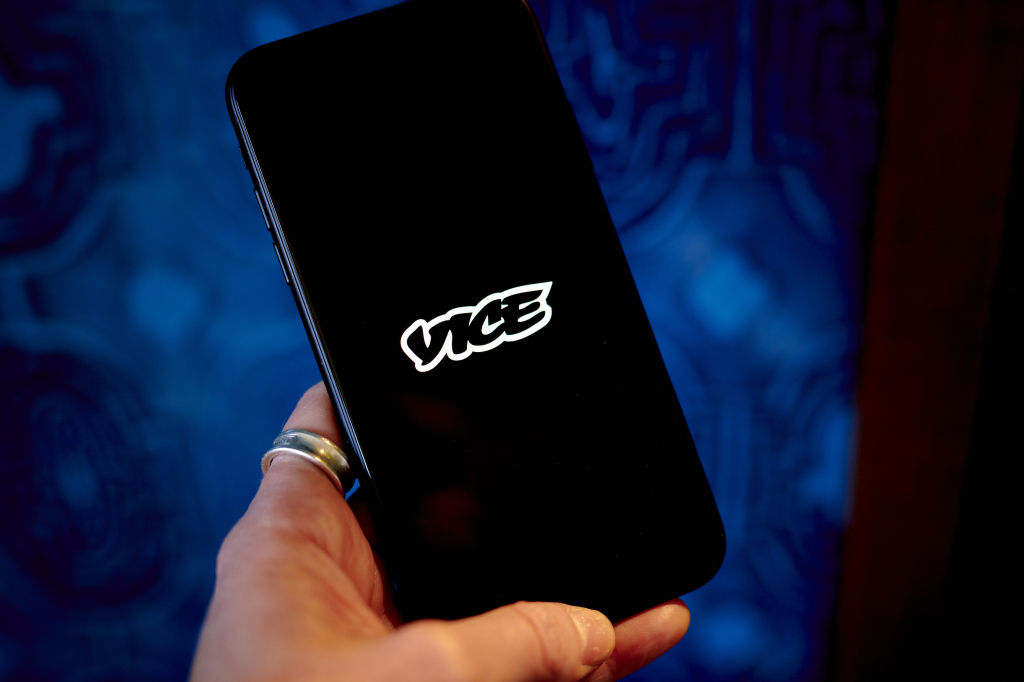 VICE bankruptcy: how did it happen?
VICE bankruptcy: how did it happen?Was the VICE bankruptcy inevitable? We look into how the once multibillion-dollar came crashing down.
-
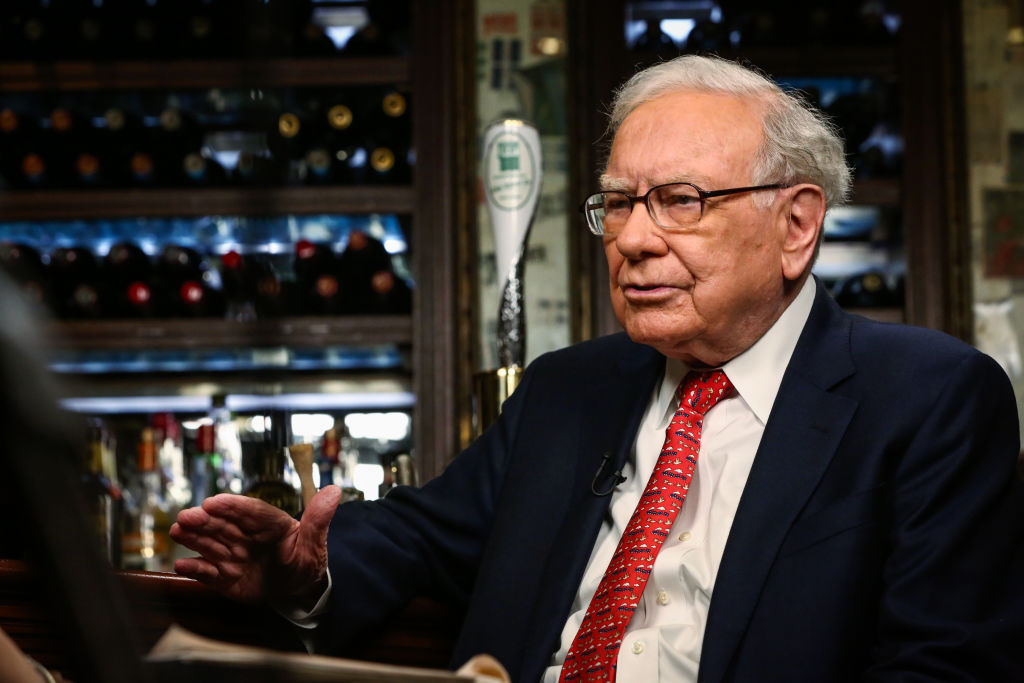 What is Warren Buffett’s net worth?
What is Warren Buffett’s net worth?Warren Buffett, sometimes referred to as the “Oracle of Omaha”, is considered one of the most successful investors of all time. How did he make his billions?
-
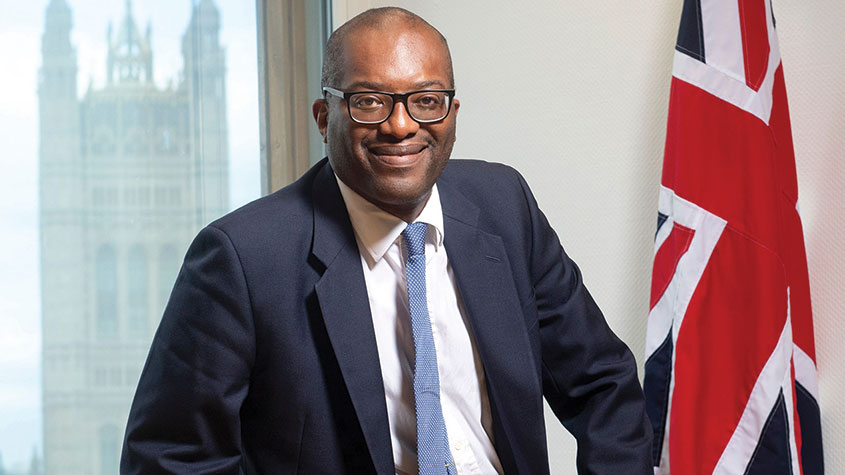 Kwasi Kwarteng: the leading light of the Tory right
Kwasi Kwarteng: the leading light of the Tory rightProfiles Kwasi Kwarteng, who studied 17th-century currency policy for his doctoral thesis, has always had a keen interest in economic crises. Now he is in one of his own making
-
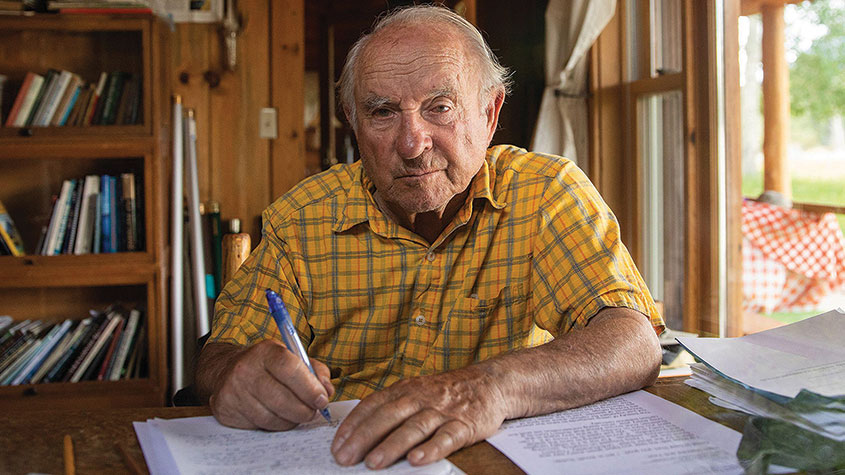 Yvon Chouinard: The billionaire “dirtbag” who's giving it all away
Yvon Chouinard: The billionaire “dirtbag” who's giving it all awayProfiles Outdoor-equipment retailer Yvon Chouinard is the latest in a line of rich benefactors to shun personal aggrandisement in favour of worthy causes.
-
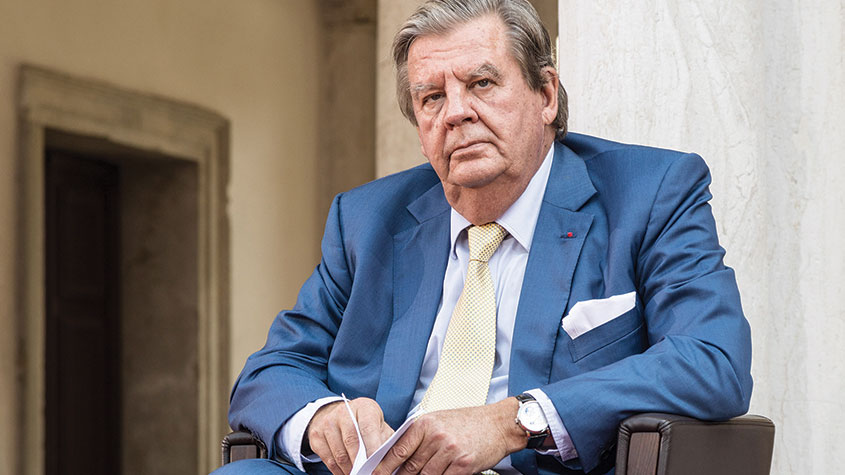 Johann Rupert: the Warren Buffett of luxury goods
Johann Rupert: the Warren Buffett of luxury goodsProfiles Johann Rupert, the presiding boss of Swiss luxury group Richemont, has seen off a challenge to his authority by a hedge fund. But his trials are not over yet.
-
 Profile: the fall of Alvin Chau, Macau’s junket king
Profile: the fall of Alvin Chau, Macau’s junket kingProfiles Alvin Chau made a fortune catering for Chinese gamblers as the authorities turned a blind eye. Now he’s on trial for illegal cross-border gambling, fraud and money laundering.
-
 Ryan Cohen: the “meme king” who sparked a frenzy
Ryan Cohen: the “meme king” who sparked a frenzyProfiles Ryan Cohen was credited with saving a clapped-out videogames retailer with little more than a knack for whipping up a social-media storm. But his latest intervention has backfired.
-
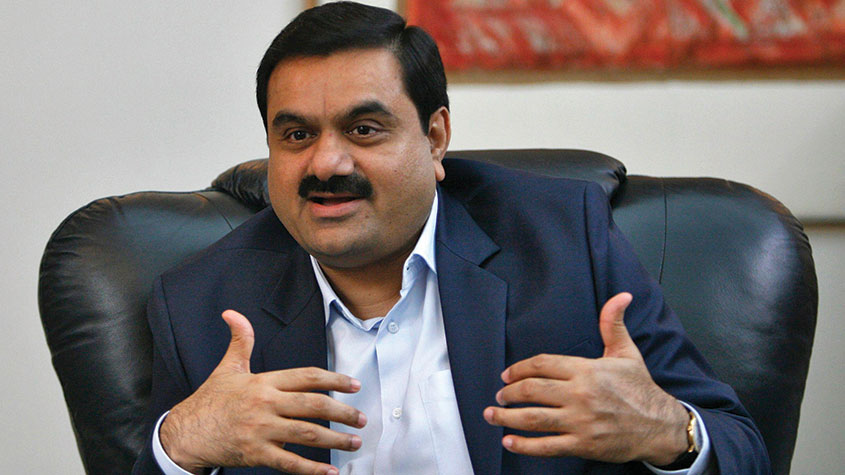 The rise of Gautam Adani, Asia’s richest man
The rise of Gautam Adani, Asia’s richest manProfiles India’s Gautam Adani started working life as an exporter and hit the big time when he moved into infrastructure. Political connections have been useful – but are a double-edged sword.